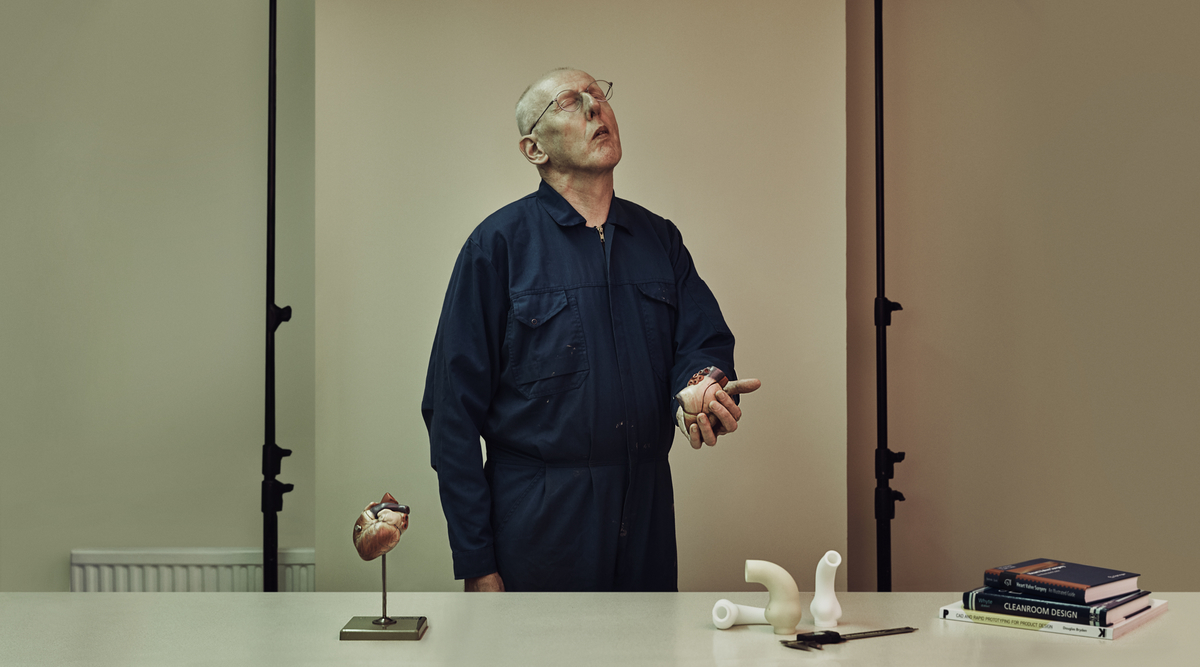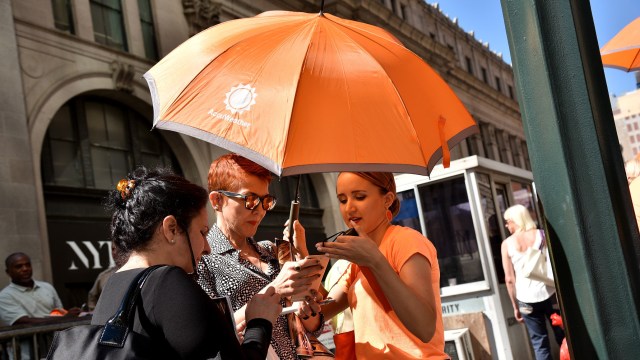Is Risk-Taking Biological… or Social?

Your friend decides to go skydiving. You’re there with her, you see the rush she gets and you’re curious. In fact, you’re more than curious, you decide you want to do it to. It’s not something you ever would have considered before, but suddenly you’re on the phone scheduling your own high-flying adventures. Why do you do it?
Well, a new study suggests that the choice might not be 100 percent up to you. In a computer-simulated social situation, participants were much more likely to take a risk (in this case gambling) when they had seen others doing the same, compared to a control group. They were also less likely to take a risk after having watched someone else who exhibited low risk-taking behavior. Basically, your decisions whether or not to venture out onto that scary ledge could have at least something to do with what your peers are up to.
Researchers also found a change in how people process risk after having been socially induced to gamble. That could be a critical connection between peer groups and individual brain makeup. The researchers are thinking about how their findings could be relevant to adolescent peer groups (peer pressure), or situations of mass irresponsibility, such as the actions of investors during the last financial meltdown.
Don’t get too excited yet though. Some researchers say that risk-taking can also be biological. For example, your genes have a lot to do with the first age at which you have sex or have a baby. And while some of those genes are related to how early you go into puberty, at least a few are related to differing personality traits like risk.
While that probably all sounds a little intimidating, let’s not forget that some risk is good. Think about creativity for example. Where would our music and art world be without people willing to take risks? Or consider entrepreneurs like Steve Jobs who may never have decided to try and create revolutionary technology like the iPod or the iPhone if he had been unwilling to take a risk. In fact, some one in the advertising industry recently made a case for award-giving, precisely for that reason, saying that it encourages the kind of risks that become successful ad campaigns. Maybe a little risk isn’t such a bad thing.
—
Image: Mike McLaren / Stringer (Getty Images)




